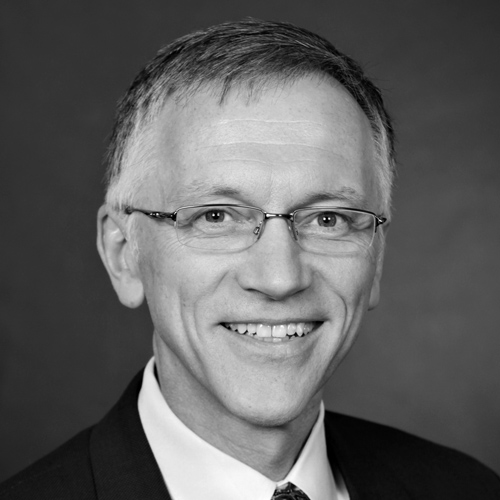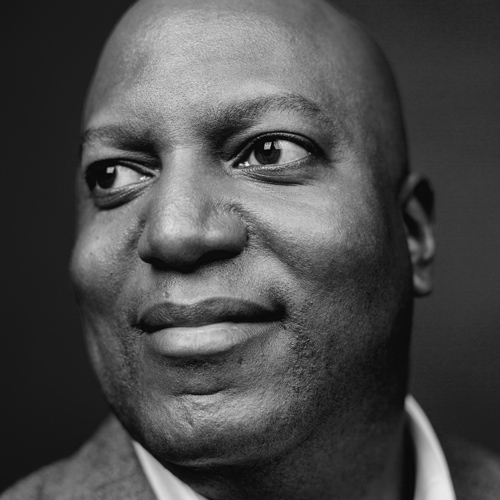What happens to a legal department after a spin-off? That was the question Halyard Health, Inc.’s lawyers had to answer after the $1.7 billion global medical device company spun off from $20-plus billion Kimberly-Clark Corporation.
After an intense, yearlong process, the spin-off transaction closed on October 31, 2014. At that point, Halyard Health became an independent, publicly traded company. For Ross Mansbach, Halyard Health’s deputy general counsel and corporate secretary, and John Wesley, its GC and chief ethics and compliance officer, the challenge was to do more with less. At Kimberly-Clark, they were part of a great team of more than 75 lawyers, who covered most legal specialties and geographies. At Halyard Health, they would have just five lawyers and two paralegals, all based at the company’s headquarters in Alpharetta, Georgia.
One way to keep that culture [of excellence] was to keep the people who were on his legal team at Kimberly-Clark. The difference was that, like Mansbach himself, they had to expand their skill sets.
Handling more with less means, in part, having the right corporate culture. That’s one thing Mansbach wanted to “take” from Kimberly-Clark: the legal department’s culture of excellence, collegiality, and compliance. Also, he wanted to leverage the benefits of working in a matrix organization, where people collaborate and consistently ask, “What more can I do?”
One way to keep that culture was to keep the people who were on his legal team at Kimberly-Clark, and they all came with him to the new company. The difference was that, like Mansbach himself, they had to expand their skill sets. Where Karl Sidor, an associate general counsel, used to be “just” a patent attorney, he had to become the lone IP attorney, handling all patent, trademark, and copyright matters globally while still supporting related needs of the research and development function. Similarly, Shivani Kaul, also an associate general counsel, used to mainly be a commercial attorney, but she had to learn to support additional staff functions like strategy and regulatory; manage whole regions like Europe, the Middle East, and Africa; handle compliance matters; and manage litigation.
Handling more with less means finding more people like Sidor and Kaul, people who are talented, dedicated, and flexible. That became the template. “All of that focuses more on the person than the specific technical skill,” says Mansbach.
With three positions to fill, Mansbach built out the team with one additional lawyer and two paralegals who could handle the company’s immediate needs but also whatever else might come the company’s way. One of his hires, Jake Robinson, was a fourth-year transactional attorney from a prominent Atlanta-based law firm and someone who would likely have been too junior for Mansbach’s team at Kimberly-Clark, but he fit the template for Halyard Health. Another hire, Brenda McCaffrey, was a paralegal at a small Atlanta firm whose primary work experience related to sports and entertainment, but she too fit the mold.
The benefit of Mansbach’s approach became quickly apparent. McCaffrey was hired mainly to work on commercial agreements, but the company’s needs shifted to litigation, and she’s become primarily a litigation paralegal. “She might need to reinvent herself again tomorrow,” says Mansbach.
Even when there was no substitute for a specific skill set that Halyard Health needed, as was the case with the SEC paralegal that the newly public company had to hire, Mansbach waited until he found just the right person. Christine Hermann came from Newell Rubbermaid, where she was a securities paralegal. At Halyard, she also supports the board of directors and the finance function, among other responsibilities.
Handling more with less also means leveraging outside counsel. At Kimberly-Clark, with so many specialties and geographies already covered, there was less need for outside counsel. At Halyard Health though, the attorneys need to determine when it makes sense to bring in a specialist. Sometimes the need is obvious. Halyard’s US-trained and qualified attorneys can’t resolve on their own certain employment issues in India, corporate matters in Brazil, and regulatory challenges in Turkey. Mansbach and Wesley have developed a network of outside counsel in the United States and outside the states to help as needed.
“I have the best team I’ve ever had,” says Mansbach. “I feel like we took the best of Kimberly-Clark with us, and we transformed into a legal department that meets the needs of a company that, while smaller, is still a significant global medical device company.”
Wesley agrees. “I look mainly for two things in employees: attitude and aptitude,” he says. “We put together a team that has those qualities in spades, and it’s really paying off. I get only compliments—superlatives, really—about the Halyard Health legal team. Ross has a right to be proud.”


